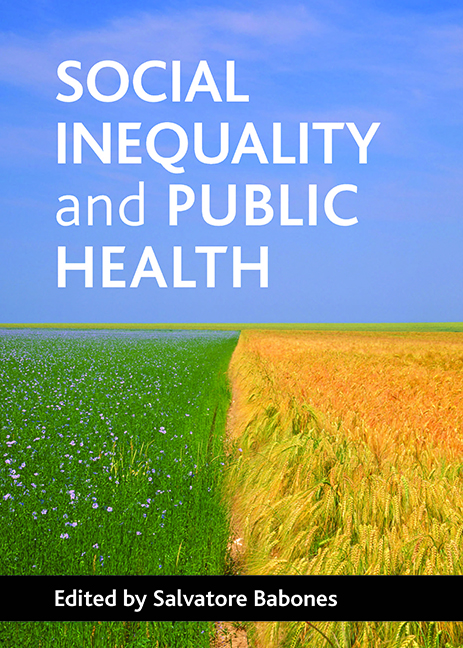Book contents
- Frontmatter
- Contents
- List of figures, tables, maps and boxes
- Preface
- Notes on contributors
- one Introduction
- Pathway 1 Differences in individual health behaviours
- Pathway 2 Group advantage and disadvantage
- Pathway 3 Psychosocial factors in individual health
- Pathway 4 Healthy and unhealthy societies
- Conclusions Public understanding of the new public health
- Index
fourteen - Promoting public understanding of population health
Published online by Cambridge University Press: 22 January 2022
- Frontmatter
- Contents
- List of figures, tables, maps and boxes
- Preface
- Notes on contributors
- one Introduction
- Pathway 1 Differences in individual health behaviours
- Pathway 2 Group advantage and disadvantage
- Pathway 3 Psychosocial factors in individual health
- Pathway 4 Healthy and unhealthy societies
- Conclusions Public understanding of the new public health
- Index
Summary
Introduction
This chapter addresses the need to apply the information and perspectives described in this volume to improve health. The basic premise of the book is that individual behaviours are less important for producing health than are structures that underlie inequalities in a society. This concept may be thought of as a scientific revolution or new paradigm in our thinking about health, and as with most paradigm shifts, is resisted by both scientists and the general population. Putting these ideas into action will require promoting a broader public understanding and acceptance of the basic determinants of health. The subject of this chapter provides a framework with which to proceed. Citizens of the US, being less healthy than those in other rich countries, are the target group.
What we know about population health
The concept of a socioeconomic gradient, or differences in various measures of hierarchy in a society, is a property of populations, not of individuals. That hierarchical relationships lead to health disparities may be debated, but there is strong evidence supporting that link (Wilkinson, 1996, 2005). The best ways to conceptualise and measure hierarchy and health are still under study, but current knowledge, if the goal is improving health, is adequate to justify action. In essentially all developed and middle-income countries today, societies with a greater hierarchy tend to be less healthy than those with a smaller gap between social and economic classes. Geoffrey Rose (1992, p 129) concluded his seminal monograph The strategy of preventive medicine with: ‘The primary determinants of disease are mainly economic and social, and therefore its remedies must also be economic and social. Medicine and politics cannot and should not be kept apart’.
The societal factors that impact a population's health relate to how that population shares its resources, and to how that ‘sharing’ determines the ‘caring’ that goes on in that particular society. Where there is less economic disparity, there tends to be less social disparity and more support at many levels that benefit health (Wilkinson and Pickett, 2006). A wide range of terminology is used to describe these social processes: social justice, equity, trust, social capital or, simply, fairness. However it is described, the effect of the social and economic environment on the health and well-being of persons living in that environment is profound, and not adequately recognised by either the lay public or the healthcare system in the US.
- Type
- Chapter
- Information
- Social Inequality and Public Health , pp. 201 - 214Publisher: Bristol University PressPrint publication year: 2009



